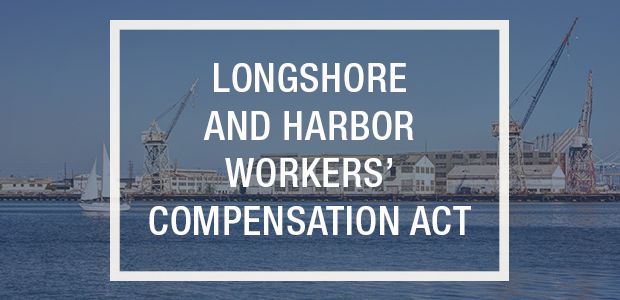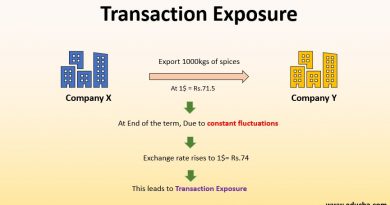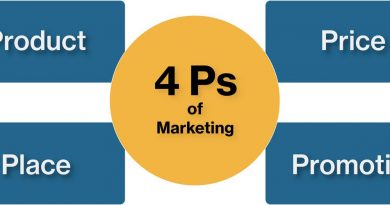Longshore and Harbor Workers Compensation Act

Contents
Review: Longshore and Harbor Workers Compensation Act
What is Longshore and Harbor Workers’ Compensation Act?
The Longshore and Harbor Workers’ Compensation Act (LHWCA) is a federal law that provides medical and other benefits, including vocational rehabilitation, to specific maritime employees. This includes longshoremen, harbor workers, and other related employees, such as those involved in loading and unloading ships and truck drivers who transport shipping containers from docks. It also covers civilian employees on military bases under the Defense Base Act.
Understanding Longshore and Harbor Workers’ Compensation Act
The LHWCA pays benefits to workers with temporary or permanent disabilities. These benefits cover a portion of lost wages, necessary medical treatments, and associated travel expenses. If an injured worker cannot return to maritime employment, the act offers free job retraining. It also provides benefits to surviving spouses of employees who died from work-related injuries.
The LHWCA was passed by Congress in 1927 due to the failure of state laws in granting workers’ compensation to injured maritime workers. However, even with the LHWCA in place, many workers continued to sue ship owners for injuries. As a result, ship owners started requiring workers to absolve them of liability in case of an injury. In 1972 and 1984, amendments were made to the LHWCA to clarify eligibility requirements and prevent excessive or restrictive administration of benefits. These amendments ensure that worker protection aligns with the level of risk in their job.
Key Takeaways
- The LHWCA provides medical and other benefits, including vocational rehabilitation, to longshoremen, harbor workers, and other maritime employees.
- Maritime workers must pass status and situs tests to qualify for LHWCA benefits.
- The LHWCA was first passed in 1927 and has been amended twice, in 1972 and 1984.
- Workers who do not qualify for LHWCA may still be eligible for state workers’ compensation.
LHWCA Qualifications and Exclusions
Maritime workers injured on the job must meet status and situs tests to qualify for LHWCA benefits. Workers who do not meet the LHWCA criteria may still be eligible for state workers’ compensation benefits, although the state benefits are typically less generous. States generally provide 60% of an employee’s weekly wage for temporary disability benefits, whereas the LHWCA provides 2/3 of the weekly wage for the same benefit. Some states allow workers to file claims for both types of benefits, but eligible workers must choose only one type of benefit.
The LHWCA status test requires that at least part of the injured worker’s duties be related to maritime activities. The situs test states that the employee must work on, near, or next to navigable waters. Eligible locations include areas used for loading, unloading, constructing, repairing, or dismantling maritime vehicles, even if they are up to a mile away from the water’s edge.
The LHWCA differs from the Jones Act, which covers seamen and does not include "master or member of the crew" for any vessel.
The LHWCA does not cover employees not at higher risk of injury, such as office workers. It also excludes specific marina employees, workers of recreational water vehicles, aquaculture workers, boat and ship captains, and crew members. Other workers not covered by the LHWCA include those employed in seaside clubs, camps, restaurants, museums, and retail stores.
Employers seeking workers’ compensation insurance under the LHWCA may purchase it from private insurers or, if denied, from state funds, assigned risk plans, or pools. Alternatively, employers may choose self-insurance with a plan approved by the US Department of Labor (DOL).



